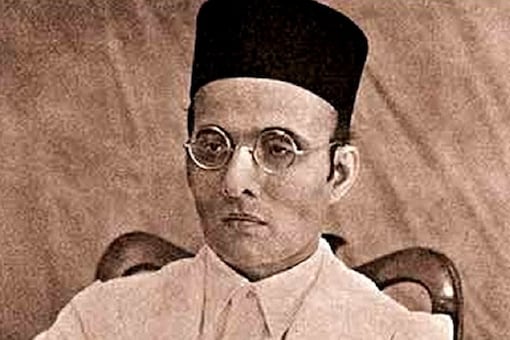The ongoing controversy over naming a college of Delhi University after Vinayak Damodar Savarkar has reignited age-old debates surrounding India’s freedom struggle and the legacies of its key figures. While some hail the Modi’ government’s move as a long-overdue recognition of a prominent freedom fighter, others argue against honouring Savarkar, accusing him of collaborating with the British colonial powers and tarnishing his legacy. However, in all the heated arguments, one crucial point is being overlooked: why does the present government’s attempt to honour those ignored by history receive such scorn? Veer Savarkar, a figure often relegated to the fringes of India’s historical narrative, was an intellectual, a revolutionary, and an ardent nationalist who played a significant role in India’s struggle for independence, along with many stalwarts, including Subash Chandra Bose. Despite his early and passionate opposition to British rule, his later life has been controversial. Critics often point to his alleged plea for clemency during his imprisonment and his complex relationship with the British during his years of exile. He believed to have worst ever tortures by the colonial Britishers who kept him at Kala Pani, while Jawaharlal Nehru and Mohandas Karamchand Gandhi in Indian prisons with utmost care. Yet, historical narratives are rarely black and white, and a more nuanced approach is necessary. It is important to ask why the Congress-led governments have chosen to sideline figures like Savarkar and instead focus primarily on a select few, such as Jawaharlal Nehru dynasts to name everything – from educational institutions to airports to amusement parts and whatnot.

While these leaders were undoubtedly central to India’s freedom movement, it is equally important to recognize that numerous other heroes contributed significantly to the cause and were either marginalized or forgotten. Savarkar’s contribution to the struggle, particularly his work in exposing the brutality of British rule through his writings and his role in the freedom struggle, cannot be dismissed. His ideologies, although controversial, formed a part of the intellectual and revolutionary mosaic that was instrumental in galvanizing Indian resistance. Yet, Savarkar’s legacy continues to be dismissed by many, mostly due to his post-independence views on issues such as caste, religion, and nationalism. But that’s the crux of the issue—historical figures are often trapped in a one-dimensional view of their legacies. The fact that Savarkar is now being honoured in certain quarters should not be seen as an attempt to rewrite history but as an effort to correct the narrative and acknowledge the contributions of all freedom fighters, not just one dynasts. The Congress party, which dominated India’s political landscape for decades, ignored many of these unsung heroes during its rule. Savarkar, despite being a towering figure in the freedom struggle, remained largely marginalized due to ideological differences. But does this mean that he should remain consigned to the margins of history forever? In a democratic society, it is essential to honour a diverse range of heroes who fought for India’s independence, even if their ideologies were different from the mainstream. It’s high time India acknowledges the full spectrum of heroes who contributed to the country’s freedom struggle, no matter their political views. After all, true patriotism transcends political lines, and it’s the nation’s history in its entirety that must be celebrated.






